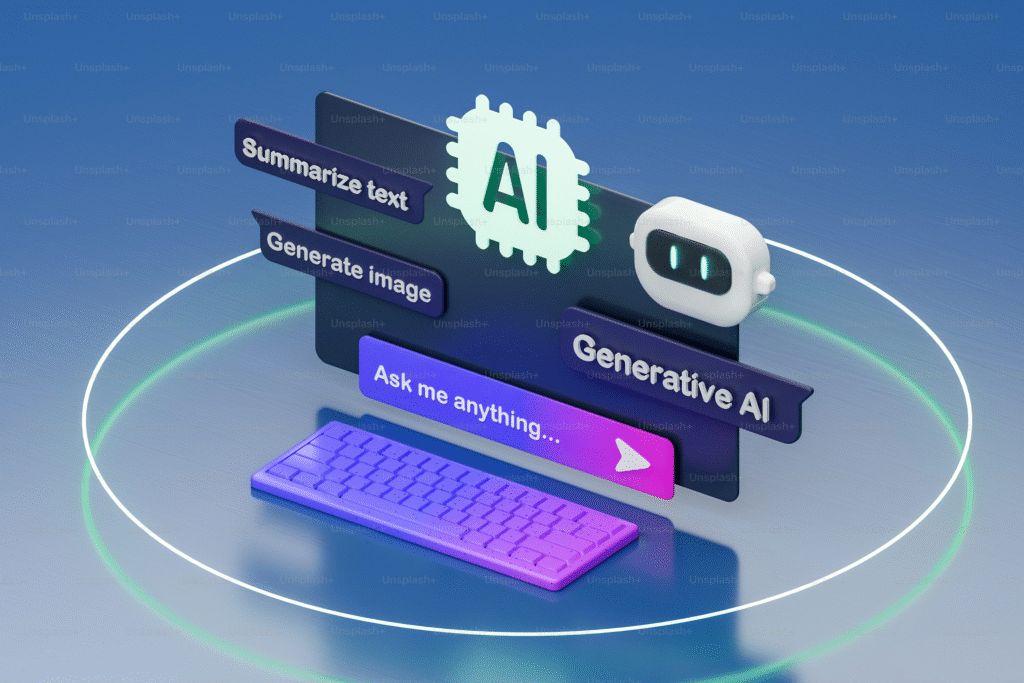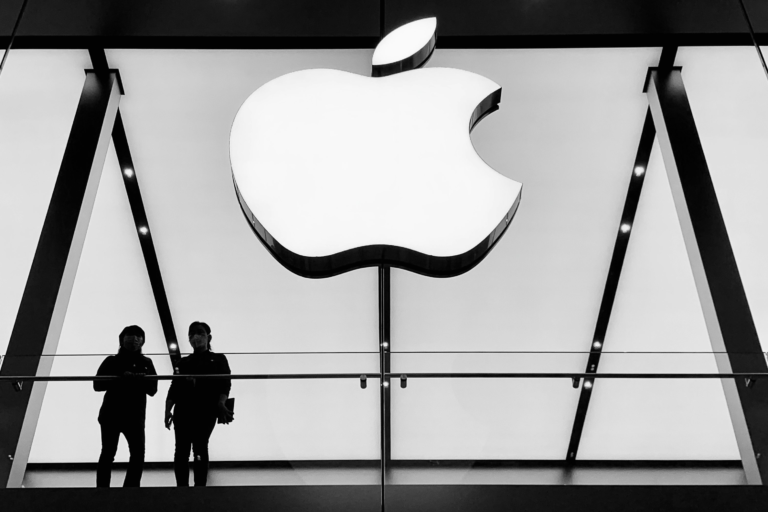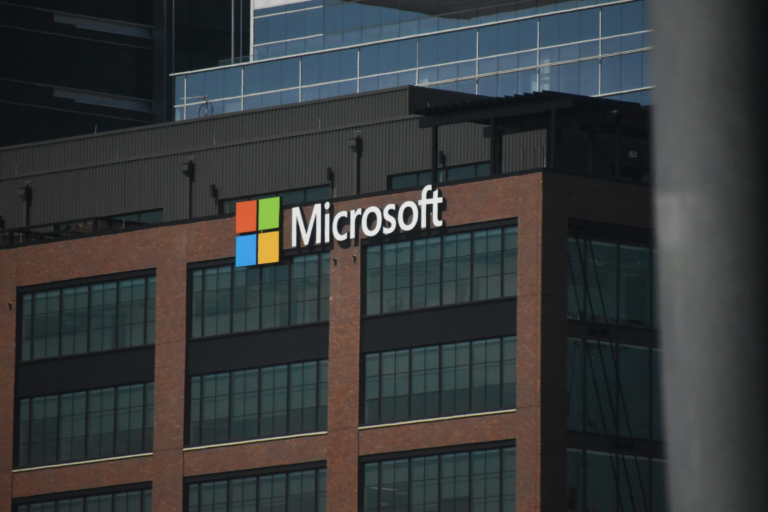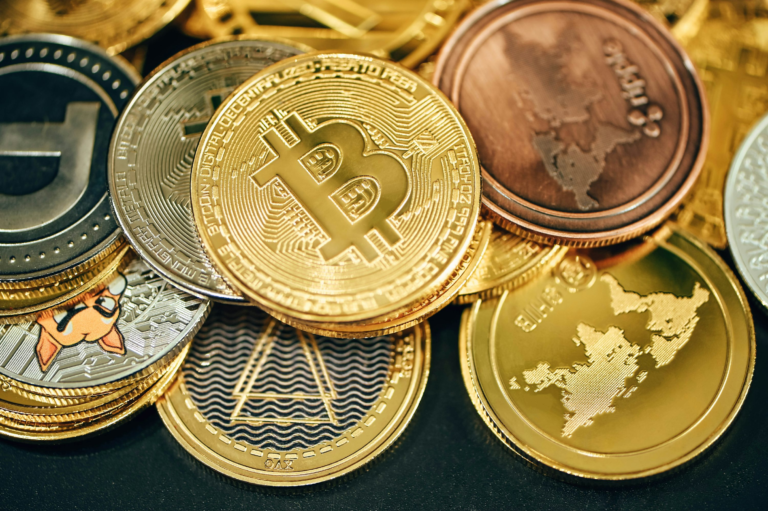The next US-Saudi investment forum in Washington is getting a lot of attention from around the world. This is not just because of its political importance, but also because two of the most important people in modern technology, Elon Musk and Jensen Huang, are going to speak together. When these two are on the same stage, the topic usually goes beyond technical updates and into the heart of how technology will change economies, industries, and daily life. Their attendance shows how seriously both countries see AI as a key part of future global prosperity.
Elon Musk, the CEO of Tesla, and Jensen Huang, the CEO of Nvidia, have become almost like symbols of the AI revolution. Musk is known for his big ideas about AI-powered robots, self-driving cars, and futures on several planets. Huang is in charge of the firm that makes the hardware that powers almost all of the world’s main AI systems. Musk’s warnings, predictions, and provocations are very different from Huang’s engineering-driven optimism. But together, they show a remarkable mix of ambition and realistic technological knowledge. People are paying close attention to the Washington forum because it promises to be a conversation about the important changes that are happening right now in the world of AI, not just far-off possibilities.
They are leading a session that will “explore the new forces that are shaping the next wave of technological progress, with a focus on the architectures, models, and investments that will make the future smarter and more connected.” This statement, which was shared in internal planning documents, suggests that the conversation is going beyond jargon. It suggests that the discourse might go further into how computer structures are changing, why some AI models are taking over the market, and where governments need to spend their money if they want to compete in a future that is based on automation and advanced analytics. Hearing these ideas firsthand from two CEOs who are actively guiding these technologies gives the conversation a sense of reality that theory alone can’t provide.

It’s especially interesting that they showed up the day after Saudi Crown Prince Mohammed bin Salman met with President Donald Trump at the White House. The timing is on purpose. This is the crown prince’s first trip to the US since 2018. The event is supposed to show that the two countries are making a new effort to deepen their economic and scientific ties. AI is more than simply a passing fascination for Saudi Arabia; it is part of the country’s long-term ambition to change its economy. The kingdom has been spending a lot of money on developing semiconductors, building digital infrastructure, and teaming up with IT businesses from around the world. This is all part of its plan to construct an economy that doesn’t rely on oil.
Abdullah Alswaha, Saudi Arabia’s minister of communications and information technology, will lead the conversation at the event. His presence shows that the monarchy wants to be more than just a user of global technology; it wants to help make it. President Trump held a dinner for the crown prince that Musk and Huang both went to. This was probably an informal introduction to the more in-depth conversation that was planned for the forum. Political leaders are realizing how much AI affects the economy, national security, and worldwide competitiveness, therefore these kinds of conversations are happening more and more.
The forum will also bring together CEOs from some of the world’s most influential companies, along with Musk and Huang. CEOs from Qualcomm, Cisco, Adobe, General Dynamics, Pfizer, Palantir, Chevron, and Aramco are all slated to be there. These firms come from very disparate fields, like oil, defense, pharmaceuticals, software, and semiconductors. But their participation shows a common truth: advances in artificial intelligence and digital infrastructure are changing every major industry. AI is becoming a universal force, from predictive analytics in healthcare to automation in manufacturing to cybersecurity to managing energy around the world.
But the star-studded business lineup and the diplomatic choreography that go along with it are not the only things that make this event important. The feeling that this moment is a turning point is what stands out. Both governments and businesses are having trouble figuring out how to regulate things, what is right and wrong, what to invest in, and how to balance new ideas with caution. Musk has been worried about AI development that isn’t managed for a long time, but he has also directed some of the most aggressive AI research initiatives himself. Huang, on the other hand, typically talks about how scaling out processing capacity and making AI technology more widely available may change things for the better. Hearing these two different points of view in the same place reminds us that development is rarely straight; it is sculpted by argument, experimentation, and the ongoing push and pull between risk and return.
Many people think that this forum is also a sign of how geopolitical talks have grown. In the past, the US and Saudi Arabia mostly talked about energy, security, and diplomacy in the region. Now, technology is just as important. The kingdom’s increased interest in AI cooperation and digital transformation is changing how it interacts with the US. At the same time, American tech executives are realizing that to compete in AI on a global scale, they need to do more than come up with new ideas; they also need to form strategic partnerships. The fact that so many American CEOs are there shows that they know that the global race for technology domination can’t be fought alone.
There is certainly a human side to all of this. People who work in technology today often feel like things are changing faster. Engineers can examine how soon new models do better than old ones. Entrepreneurs see new markets pop up virtually immediately. Students who want to work in STEM fields are both excited and scared about what the future holds. And policymakers feel that it’s their job to make sure that this change happens in a way that strikes a balance between opportunity and stability. Even though this meeting was held in an elite setting, it brought up issues that touch all cultures, such as creating jobs, making digital education more accessible, protecting people’s data, setting safety standards, and using powerful tools in an ethical way.
The world will be paying close attention to the forum as it goes on. People aren’t just waiting for news; they’re looking for guidance. The things that Musk, Huang, and others said will probably have an impact on investments, business plans, and policy discussions for a long time to come. Even with all this excitement, the way forward is still open. AI keeps changing in ways that we can’t predict. Alliances around the world change. Markets change. What feels like a big step forward today might be the norm tomorrow.








